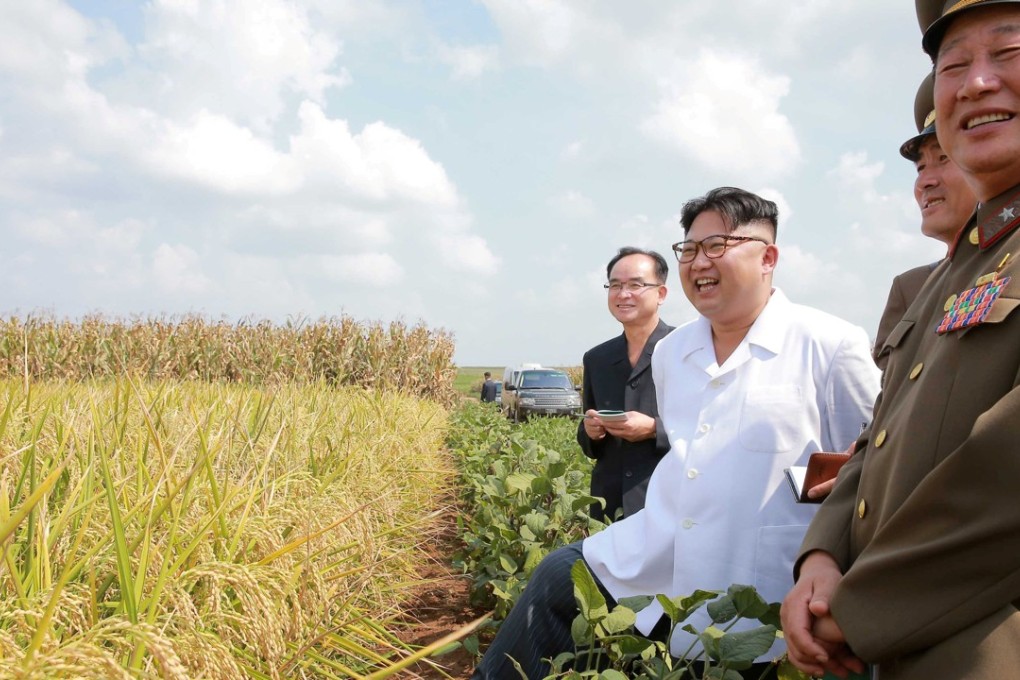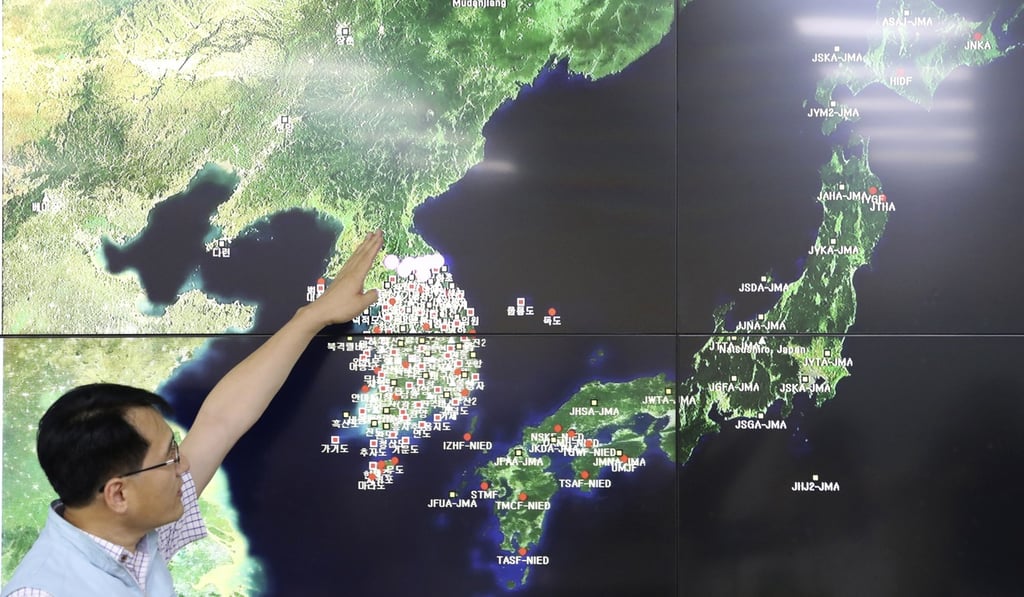Is the international community ready if North Korea’s nuclear ambitions bring about environmental disaster?
Michael McGrady says the potential for serious release of radioactive materials at North Korea’s nuclear testing site is clear. Less clear is how the international community could, or should, react

Why North Korea will become a nuclear power despite pressure
As countries quickly took to the condemnation bandwagon, some analysis declared that the Punggye-ri site couldn’t withstand any more large-scale nuclear testing on the levels of the September 3 test.

There have been reports throughout the global media suggesting many abnormalities surrounding the testing site, showing an increased threat of cave-ins at the underground testing site. It will take many weeks to gauge radiation readings accurately, but some reports monitoring radiation levels in surrounding provinces indicate an increase.
Still, the North will progress with testing at the same site to spite international pressure. To compound matters, the Punggye-ri testing site has been the main site of all nuclear weapons testing during Kim Jong-un’s tenure as supreme leader. This ultimately is a ticking time bomb.